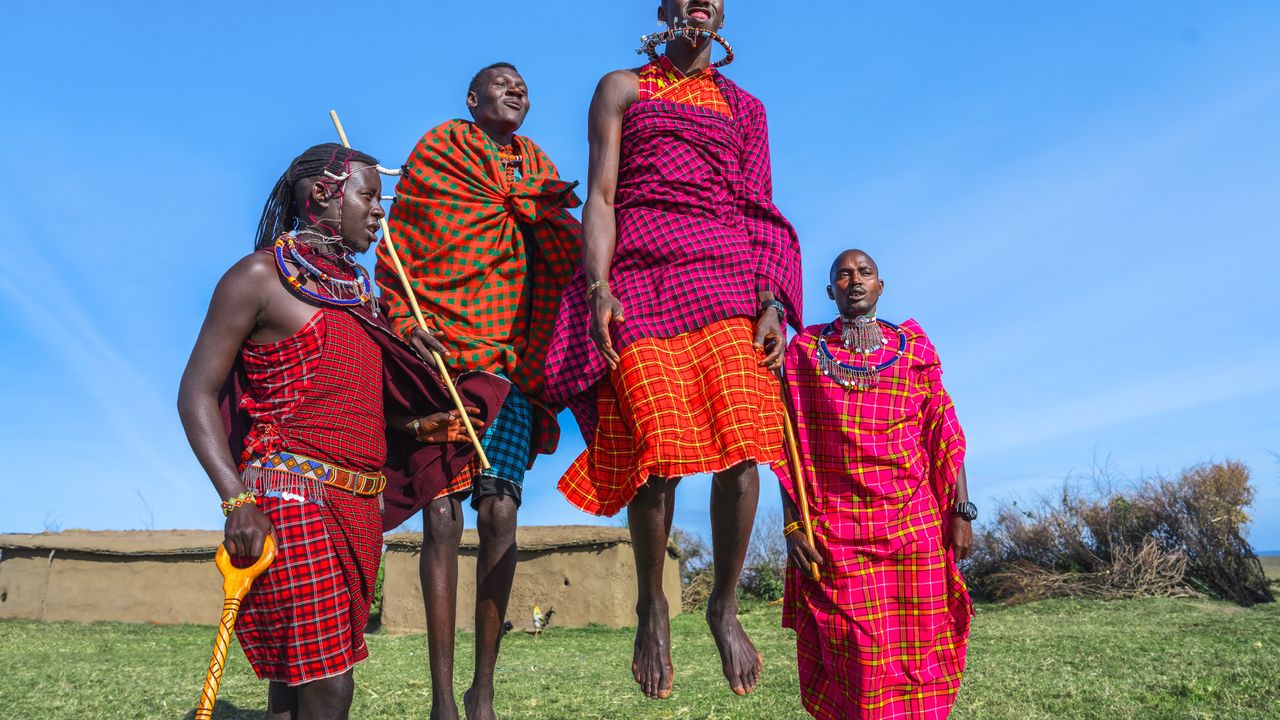Historical Sites in Africa
Africa is a continent rich in history and culture. It is home to numerous historical sites that hold great historical significance. These sites provide a glimpse into the past and offer valuable insights into the continent’s colonial history. In this article, we will explore some of the most notable historical sites in Africa and their importance.
1. Great Zimbabwe
Located in present-day Zimbabwe, Great Zimbabwe is an ancient city that was the capital of the Kingdom of Zimbabwe. It was built between the 11th and 15th centuries and is known for its impressive stone structures. The site is a testament to the advanced architectural skills of the time and serves as a reminder of the rich history of the African continent.
2. Pyramids of Giza
The Pyramids of Giza, located on the outskirts of Cairo, Egypt, are one of the most iconic historical sites in the world. Built as tombs for the pharaohs, these pyramids are a testament to the ancient Egyptian civilization’s architectural and engineering prowess. The Great Pyramid of Giza, built for Pharaoh Khufu, is the largest and most famous of the three pyramids.
3. Robben Island
Robben Island, situated off the coast of Cape Town, South Africa, is a symbol of the country’s struggle against apartheid. It was used as a political prison during the apartheid era, with many prominent anti-apartheid activists, including Nelson Mandela, being held captive there. Today, Robben Island is a museum and a UNESCO World Heritage Site, offering visitors a chance to learn about the country’s difficult past and the triumph of democracy.
4. Lalibela
Lalibela, located in Ethiopia, is known for its rock-hewn churches. These churches were carved out of solid rock in the 12th century and are still in use today. Lalibela is considered one of the holiest cities in Ethiopia and attracts pilgrims from around the world. The intricate architecture and religious significance of the churches make Lalibela a must-visit historical site in Africa.
5. Goree Island
Goree Island, off the coast of Dakar, Senegal, played a significant role in the transatlantic slave trade. It served as a major trading post where slaves were held before being transported to the Americas. Today, Goree Island is a UNESCO World Heritage Site and houses the House of Slaves, a museum that serves as a reminder of the horrors of the slave trade and the importance of preserving history.
Preserving Africa’s Historical Sites
Preserving Africa’s historical sites is crucial in order to maintain a connection to the past and educate future generations. Historical experts and organizations play a vital role in the conservation and restoration of these sites. Through research, documentation, and collaboration with local communities, these experts ensure that Africa’s rich history is safeguarded for years to come.
Colonial history is an integral part of Africa’s past, and many historical sites bear witness to this period. Exploring these sites allows us to understand the impact of colonialism on the continent and its people. It is important to approach colonial history with sensitivity and a desire to learn from the mistakes of the past, while also celebrating the resilience and cultural heritage of African communities.
Conclusion
Africa’s historical sites are a treasure trove of knowledge and provide a deeper understanding of the continent’s past. From ancient cities to sites of political significance, each holds a unique story waiting to be discovered. By preserving and exploring these sites, we can appreciate the historical significance they hold and gain valuable insights into Africa’s diverse history.


